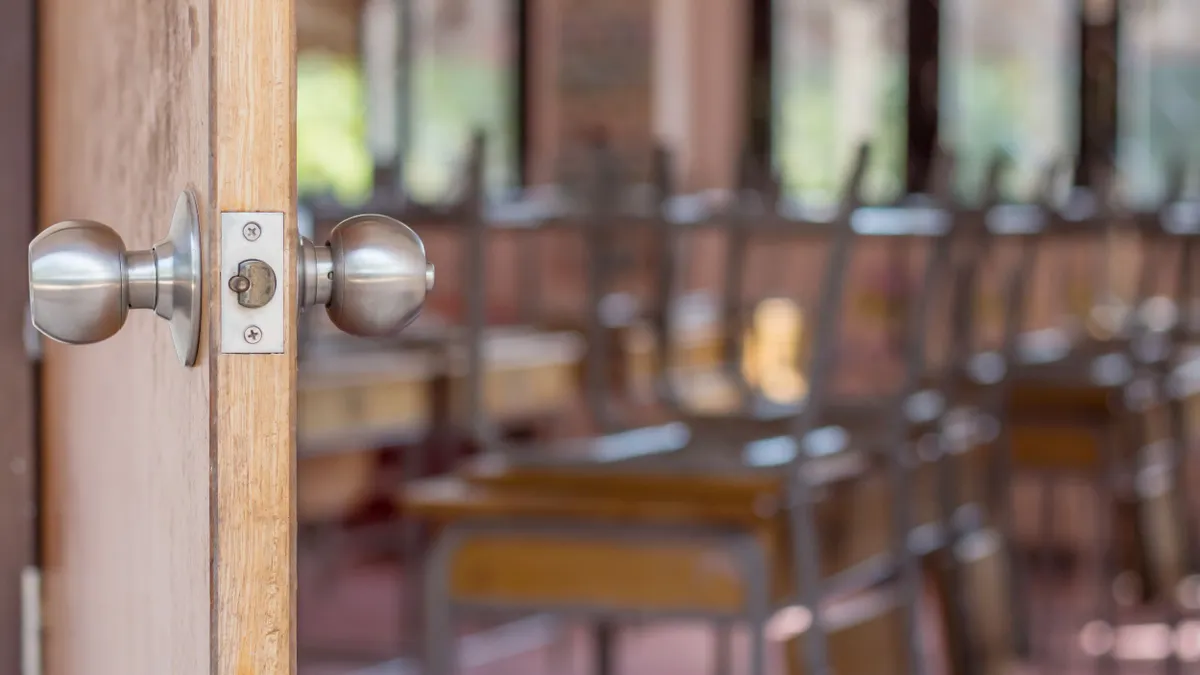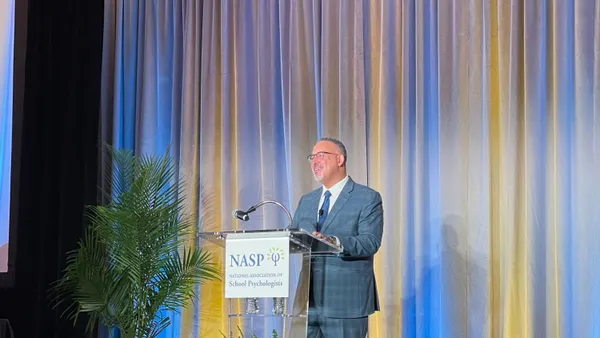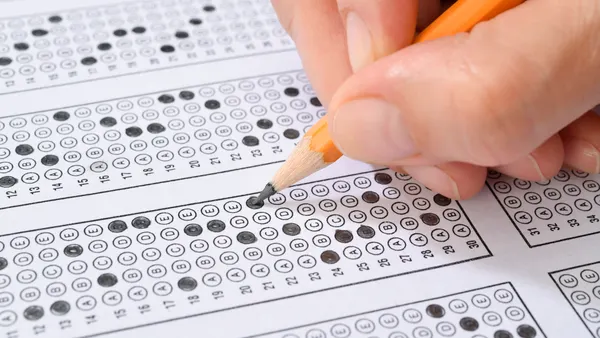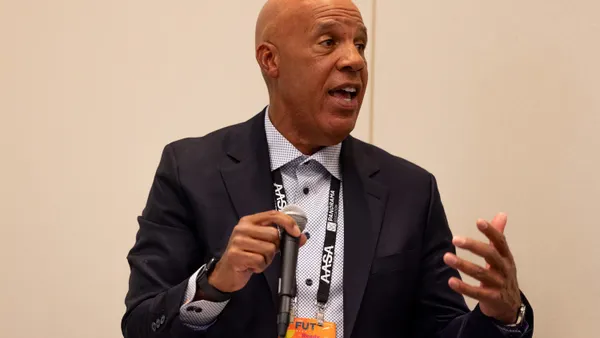Most clicked story of the week:
A top federal special education official told attendees at the Office of Special Education Programs’ annual conference on Aug. 5 that the U.S. Department of Education is working with school districts and states to expand school choice models for students with disabilities.
“Our goal is to expand choices for students with special needs so that every family has options to find the best-fit school for their child and not have it be the other way around, where they have to force their child to be a fit in a school that may not be for them,” Diana Diaz-Harrison, deputy assistant secretary of the department’s Office of Special Education and Rehabilitative Services, told the 1,200 conference attendees.
Schools grapple with shifting enrollment landscape:
- Declining student enrollment could lead to more frequent school closures and consolidations as districts navigate budget strains and what to do with underutilized buildings, according to an analysis released Aug. 7 by national education nonprofit Bellwether. The analysis of 9,300 school districts found that 68% experienced declining enrollments between the 2019-20 and 2023-24 school years. Among districts that faced enrollment dips, the median district by enrollment may have lost about $1.5 million in revenue during that period, the researchers found.
- Atlanta Public Schools is one of the latest districts to consider closing school buildings and redistricting over the next few years due to enrollment declines and the resulting empty classroom seats. The district is looking at everything from consolidations to mergers and new facilities as part of a broader facilities plan that it is calling “a bold and necessary effort,” according to its Aug. 4 statement. APS has yet to share how many schools are susceptible to potential closures or related changes.
- Private school enrollment has continued to grow since the COVID-19 pandemic, according to a survey released last month by the Cato Institute’s Center for Educational Freedom — but data suggests that boom is slowing. While 40% of private schools reported an enrollment increase between the 2023-24 and 2024-25 school years, some 32% saw a decrease, and 28% reported no change, Cato said. Among schools with rising enrollment, 69% attribute the growth to “a values alignment between the school and parents.” Other top reasons cited include a better academic experience (44%) and parents’ religious beliefs (43%).
Curriculum in the spotlight:
- A new report from the National Council of Teachers of English finds that the books taught in secondary English language arts classrooms have largely not changed over the last 35 years. The NCTE study follows just two other large-scale national studies of literature used in secondary English classrooms, in 1964 and 1989. The latest research found a greater difference in the books on the top 10 list from 1964 to 1989 than between 1989 and 2024.
- Access to quantum physics education is often limited at the high school level. To bridge the knowledge gap that results from that limited access, the Quantum For All program in Texas has sponsored an annual summer camp where both students and educators can explore the subject. While the program has far exceeded expectations according to its principal investigator, its future is uncertain since the nearly $1 million National Science Foundation grant that funded it ended this year.
- An Arkansas law requiring all classrooms and libraries to display the Ten Commandments was temporarily blocked in four school districts on Aug. 4 by the U.S. District Court for the Western District of Arkansas. In the preliminary injunction, which came just a day before the new law was set to take effect, U.S. District Court Judge Timothy Brooks said Arkansas Act 573 “is plainly unconstitutional” under the First Amendment’s establishment and free exercise clauses.












